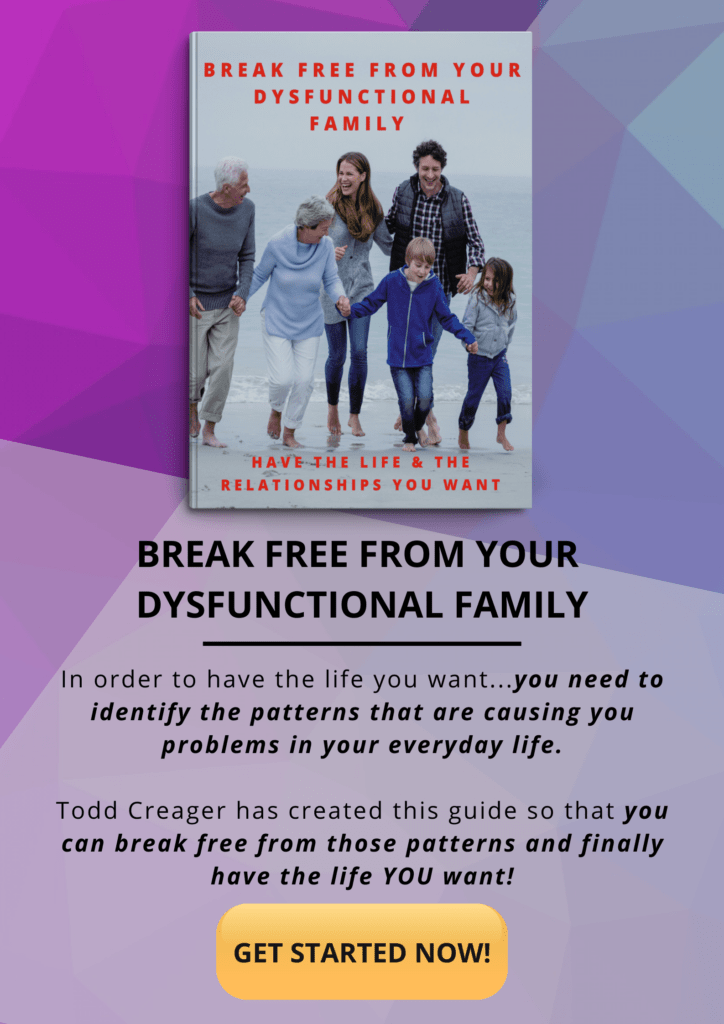Now THAT is a difficult question.
The immediate answer seems to be “Absolutely not!”
But taking a closer look, the better answer is- “That depends.” There are a variety of situations that may make it seem unnecessary to tell them. Take for example the situation where there is a one-night stand or a very brief affair. The cheater is full of remorse and vows to go to marriage therapy to work on the marriage, never to see the other person again. It all happened real quickly and there was no significant emotional fallout for the family from the infidelity. Why would it be necessary to tell children at any age that an affair happened?
If the kids detect some tension in the house, you can say that mom and dad are having some problems and we are seeing a marriage doctor to help us. That may be all that is needed for the children in this case.
Let’s take a situation on the other extreme, however.
The children are 15 and 17 years old. There is a long-term affair and emotional tension is felt in the house both before and after the infidelity was discovered. The parents decide to separate while they figure out if they want to stay married or not. Here is the challenge to that difficult question. Be ready for a neurobiology lesson.
Our brain is made up of a right and left hemisphere. The right hemisphere of the brain along with some of the less evolved parts of the brain develop first before the left hemisphere and our cerebral cortex. The right hemisphere dominates for the first three years of life as children learn to appraise what is going on and can sense when emotions make environments safe or not safe. In other words, they start to develop their intuition (which comes from the right hemisphere) very early in life. The logical left brain starts to become more dominant during the child’s 4th year.
Children know what is going on even if they do not know details.
One of the best things that could happen when children witness family challenges is for them to make sense of what is going on. The 15 and 17-year-old children in this example will actually be better of when they know what is going on in this chaotic situation. It calms them down and now they can learn how adults deal with a very human and common challenge. It is often more problematic when children, especially older children and adolescents are left totally without answers that makes sense. It is as if their right brains know what is going on but they don’t have the benefit of their left brain making logical sense since they are not being told the truth.
Being told the truth does not mean telling more than they need to know. It does mean though, telling them enough so that the chaos in the family becomes less confusing.
Then there are some middle of the road situations such as the kids are teenagers and there is strife and conflict between the couple but they stay living together and are trying to work it out. Parents have to tune in to their children’s questions and feelings and be sensitive to them. In some cases, maybe the children will be better off not knowing. However, there are negatives sometimes to not tell the kids like I said in the previous paragraph.
Tune in and take an open-minded broad approach to this question regarding telling the children about the affair. Often, adolescents learn a great deal about life and conflict resolution when they are included in the raw truth.
When it comes to adult children, often it is better for them to know
Especially if the couple’s outer behavior or situation changes significantly after the discovery of the affair. I have seen may families heal and get closer when the truth is told. Sometimes, the adult children are going through similar situations (or about to) since infidelity does happen in families. The outward and honest dealing of infidelity can actually decrease the chance of it repeating in the younger generation.
So, there are no pat answers here but realize that the easy way out is not always the best way out.
I want to repeat what I have said in other articles about infidelity. Don’t just rely on yourself. Get a specialist to help you out. If you know a couple going through this situation and have this question, please share this article with them.









Reader Interactions